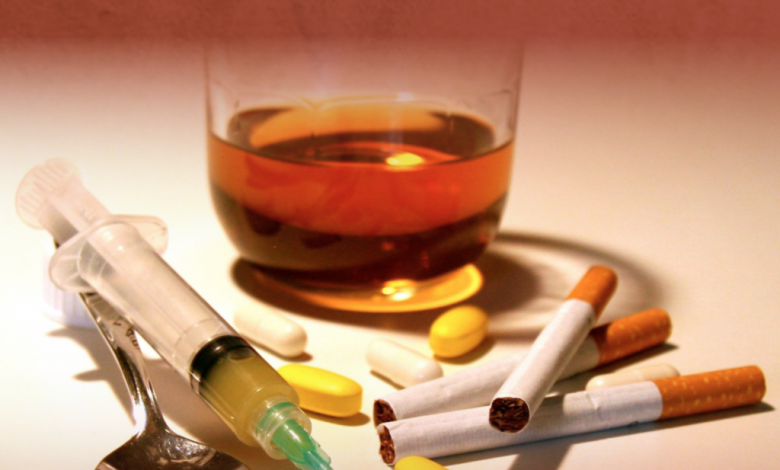
Covid-19 has no doubt disrupted the normal lifestyle of people but it has also brought unprecedented public awareness on health, protective measures for staying healthy, and most importantly, on protecting each other. A growing sense of global community and solidarity continues to emerge, as does the need to ensure healthcare for all.
The United Nations’ (UN) International Day Against Drug Abuse and Illicit Trafficking is on June 26 each year to raise awareness on the major problem that illicit drugs pose to the society. Supported by individuals, communities and various organisations all over the world, the day aims to strengthen action and cooperation to achieve the goal of establishing an international society free of drug abuse.
The theme of this year’s International Day Against Drug Abuse and Illicit Trafficking is ‘Share facts on drugs. Save lives’. Observed from 1989, the World Drug Day is dedicated this time specifically to share research findings, data and facts that can save lives of people addicted to drugs. The theme intends to combat misinformation and promote sharing of facts on drugs — from health risks and solutions to tackle the problem and evidence-based prevention, treatment and care.
Drug abuse or substance abuse refers to the use of certain chemicals for the purpose of creating pleasurable effects on the brain. There are over 190 million drug users around the world and the problem has been increasing at an alarming rate, especially among young adults under the age of 30. Apart from the long-term damage to the body, drug addicts who use needles are also at risk of contracting HIV and Hepatitis B and C infections.
Addiction is a disease that affects a person’s brain and behaviour. When addicted to drugs, one can’t resist the urge to use them, no matter how much harm the drug may cause. The earlier he gets treatment for drug addiction, the more likely he is to avoid some of the dire consequences of the disease. People with addiction certainly need treatment to stop taking drugs. There are many treatment measures too but the best option is to prevent it.
Drugs of abuse are used by people for various reasons which may include curiosity and peer pressure, especially among school children or young adults. Sometimes the misuse of prescription medicines which were originally intended to target a specific condition may result in addiction. In many cases, chemicals used as part of religious practices or rituals, recreational purposes or as means of obtaining creative inspiration in the end makes the person addictive.
Drug addiction isn’t about just heroin, cocaine or other illegal drugs. People can get addicted to alcohol, nicotine, sleep and anti-anxiety medications, and other legal substances also.
Drug abuse is seen in different age groups and individuals from nearly all walks of life as well as socio-economic strata. However, studies show that men are more likely to abuse drugs than women, single people are more likely than married individuals and urban dwellers more likely than rural dwellers. Prisoners, street children and younger individuals are also more prone to abuse drugs.
Families play the most important role in determining how individuals handle the temptations to use alcohol, cigarettes and drugs. It is important that parents create open and honest lines of communication with their children. They must make time to bond and talk with their wards on a regular basis, so that in case of a crisis, they turn to their parents for a solution without fear.
Joining community programmes to prevent use of drugs is also highly effective. Maintaining positive friendships and interests, realising the importance of being responsible individuals, learning to make good choices and to say ‘NO’ to anything harmful are all crucial elements in this endeavour. Reassurance among family members that they are loved and cared for by their loved ones will create a sense of self-worth and confidence to abstain from falling into any kind of traps.
Researchers agree that drug abuse prevention programmes should not only cover all drugs, but also provide information on the specific drugs plaguing the community at hand. This way, the information feels relevant to the audience and illustrates a knowledge and concern for their personal struggles. Drug abuse prevention efforts should also be set to cater to the audience’s age group and the issues that affect that particular demographic.
(The author is chairperson CSA, Director at TGL, Editor of The International Journal and Senior Director at FWO)





